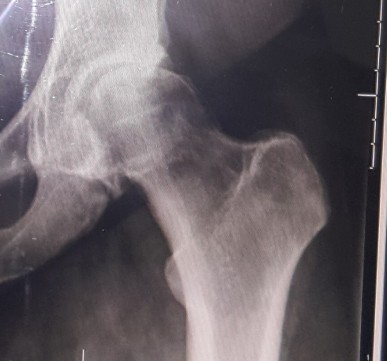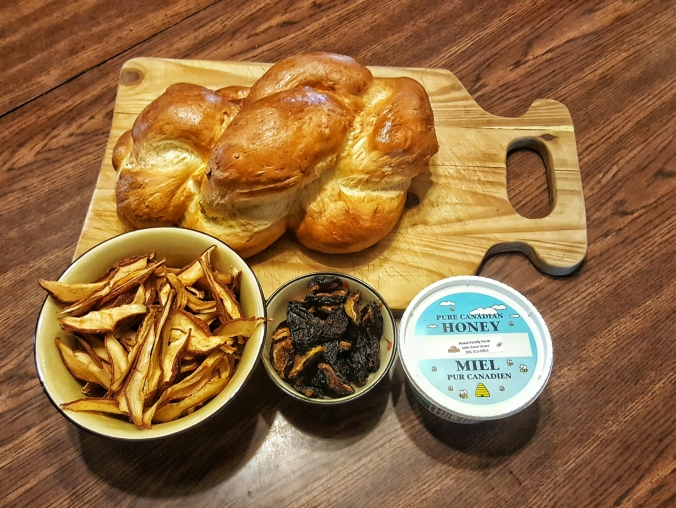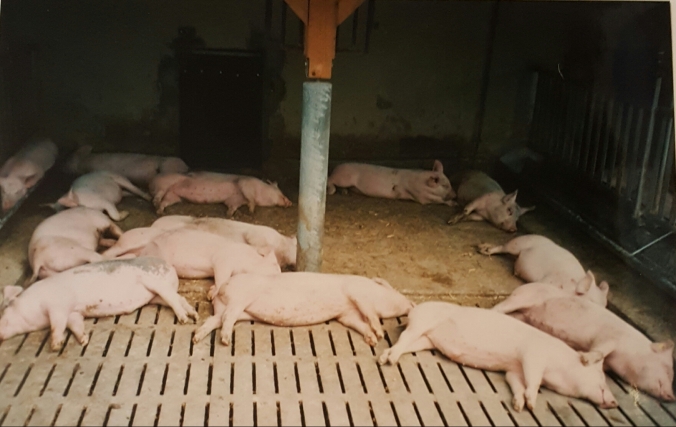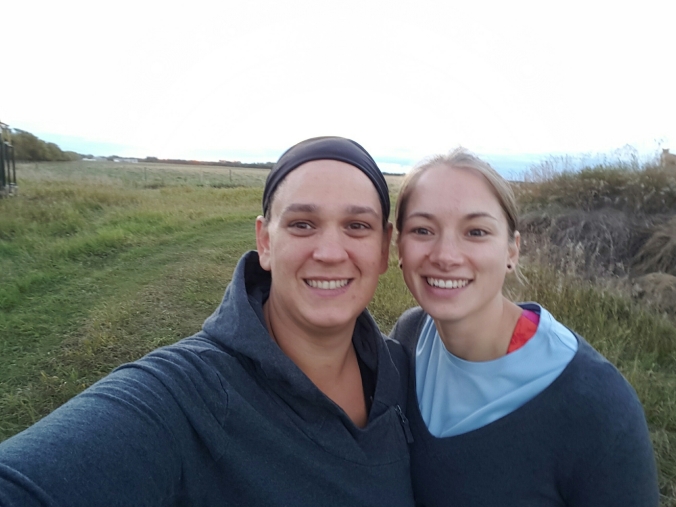
It’s be been just since I had my left hip replaced. At age 38, I brought down the average age of the orthopedic ward by a fair amount. Here a few life lesson I have (re) learned in the past month or so.
- Hold the people dear to you tight. I have learned that the people that matter you most or you matter to most will show up for you in ways that you never expected. My husband has been an absolute rock star. For my farming friends, imagine mixing calving season, bull sale season and wife that can’t drive for a month or do basic household tasks like laundry. He’s been my rock. My best friend drove from out of province to help for a week and my mom flew out to help for two weeks. Time spent caring for one is the biggest gift one can give in times like this. My mother in law down the road has been the ever-steady helping hand and babysitter when we have appointments. Without them, this road to recovery would be more difficult
- People will disappoint you. On the flip side of my list of gratitude, the reality is people will let you down. In the age of social media, so many people say there are there for you or offer the ever cliché platitude of “thoughts & prayers” but I’ll be honest, not a single person has come to visit other than my list above. Let that sink in. Maybe that is a reflection upon myself as well and I have a lot of self-reflection to do as well. So, if you have a dear one that is sick, pick up the phone and call them to arrange a quick visit. A 20-minute coffee can make the world of difference to someone isolated by illness.
- Baby steps. My recovery has made me slow down. I mean really slow down. I have had to restructure how I manage my life in pretty much every avenue and most of the answers come down to baby steps. Managing everything from my physiotherapy exercises to the amount of computer work I do into small manageablechunks.
- Prepare more than you think you will ever need. I thought I was in great shape with meal prep etc. for post recovery, but I am still amazed at the rate food disappears in my house. So, for whatever life event you’re planning for, I say double your prep.
- Think positive. No matter what, I am trying to see the positive in this experience. Expect things to go off plan. The road to recovery isn’t linear, but attitude, time and effort can make a world of difference. I am learning to celebrate my strengths beyond my physical strength…which is tough for farm girl who has always prided herself on physical strength and the ability to keep up with her male counterparts.
- Be open to learning through the process. I am learning to more strategic in how I use my energy. My kids are learning how to be more independent and more empathetic to others. I have learned to be innovative in how to manage myself and my household.
- Ask lots of questions. Write them down and the answers. Make sure the people you talk to are speaking in scope of practice. I once had a physiotherapist give me nutritional advice to avoid all dairy including eggs (insert major eye roll). Needless to say, I never went back. I have a note book specifically for my hip appointments. This lesson has come to me many times before but after a myriad of medical appointments and a revolving door of medical professionals, but it applies again.
That’s what I’ve got so far.















